[4/2/2003] - All About Jazz review (#1) of Suite for New York
New York has stimulated songwriters for eons, regardless of the musical genre they frequent. The grandeur and diversity of Manhattan and its environs are fascinating, which makes it a natural inspirational source for an extended work by D.D. Jackson as he captures in music the dynamic flair of the city. No question – the place bubbles over with hustle and bustle, and this attribute emerges frequently in the performance, as do numerous other characteristics of that global melting pot.
Jackson employs a nonet of international musicians to convey his message. James Spaulding makes a welcome appearance playing alto and flute. The horn section is laden with three other strong players in trumpeter Brad Turner, trombonist Tom Walsh, and baritone saxophonist David Mott, who together with Spaulding simulate the moods, desires, and ambitions of the masses who inhabit New York. Jackson offers them many opportunities to cut loose, and their collective discourse convincingly reflects the subject matter.
Balancing the equation are three string players. Violinist Christian Howes, cellist Peggy Lee, and bassist Ugonna Okegwo each add descriptive images and blend seamlessly into full-bodied orchestral segments or featured solo spots. “Brooklyn Lullaby,” “El Barrio,” and “Final Invocation” in particular give the strings showcase space. Drums and percussion impetus is the product of Dafnis Prieto.
On a short portion of “The City” suite, poet David Gonzalez emphatically proclaims the hopes of “Eight Million Dreamers,” but elsewhere, the program is totally instrumental. Gonzalez's words are the precursor to the musical storyline that follows.
The suite, however, revolves around Jackson and his conceptions of the city. He steers the course with emotive piano runs, setting the tone and tempo to suggest the mental pictures of the town. Jackson’s music is not solely about concrete and steel – it is about the people, and many movements hit right at the heart of the populace through his ethnic musical variations.
Jackson’s suite elicits vibrant images of street life and astutely relays the pace that seemingly never drops off. It is a solid effort effectively balancing splendid arrangements with impressive improvisations while imaginatively telling the story of one of the world’s grand locales.
- Frank Rubulino, All About Jazz
